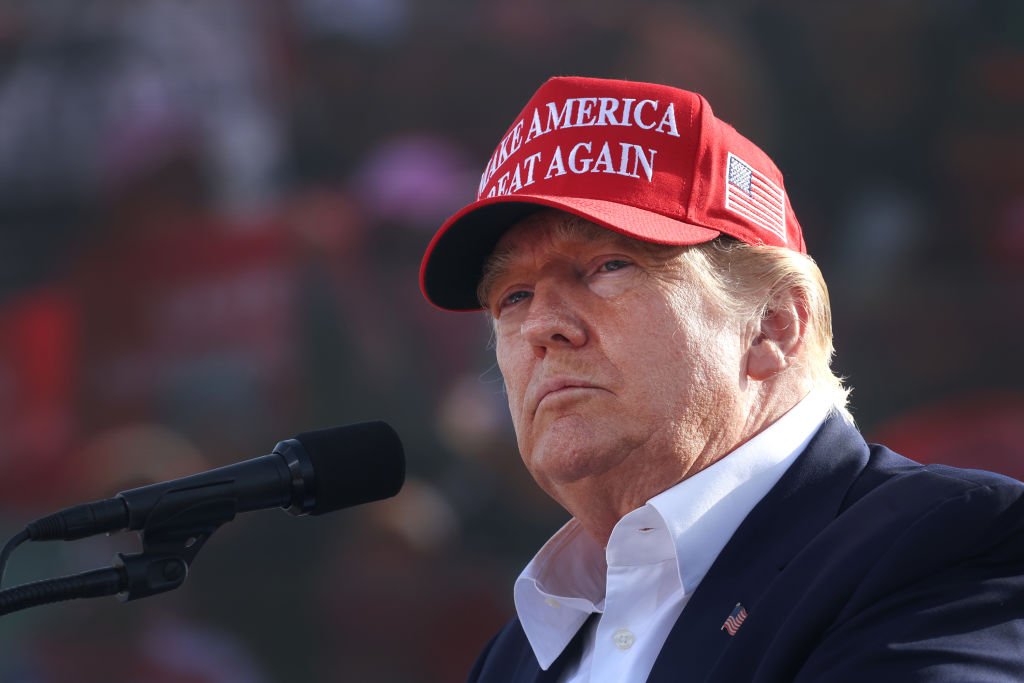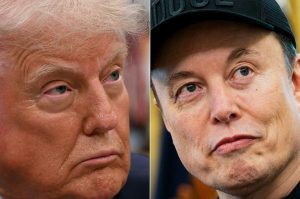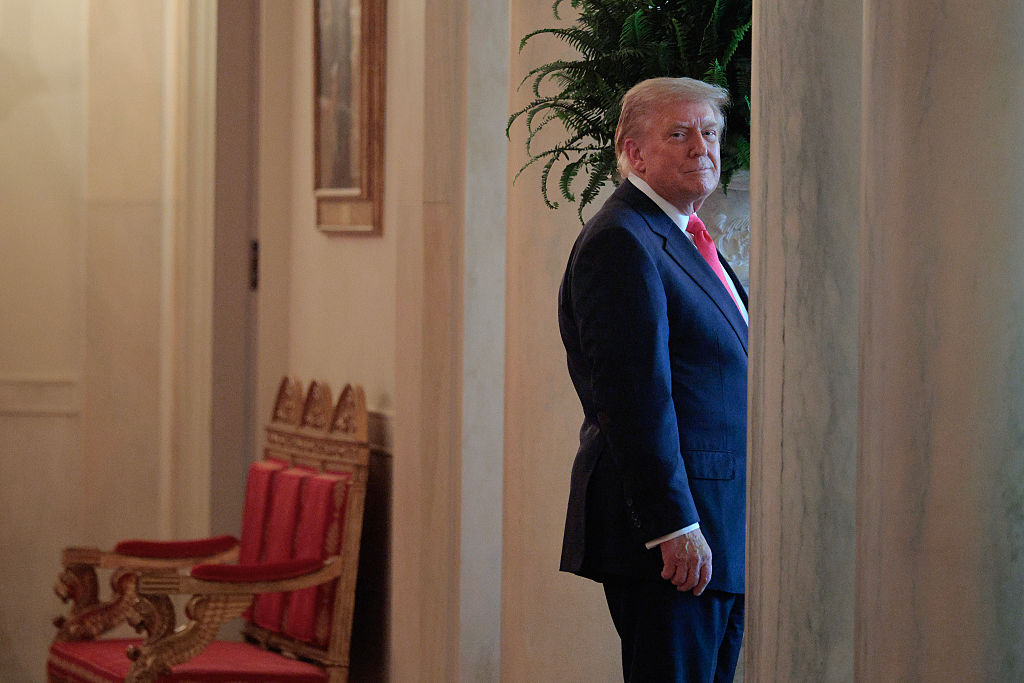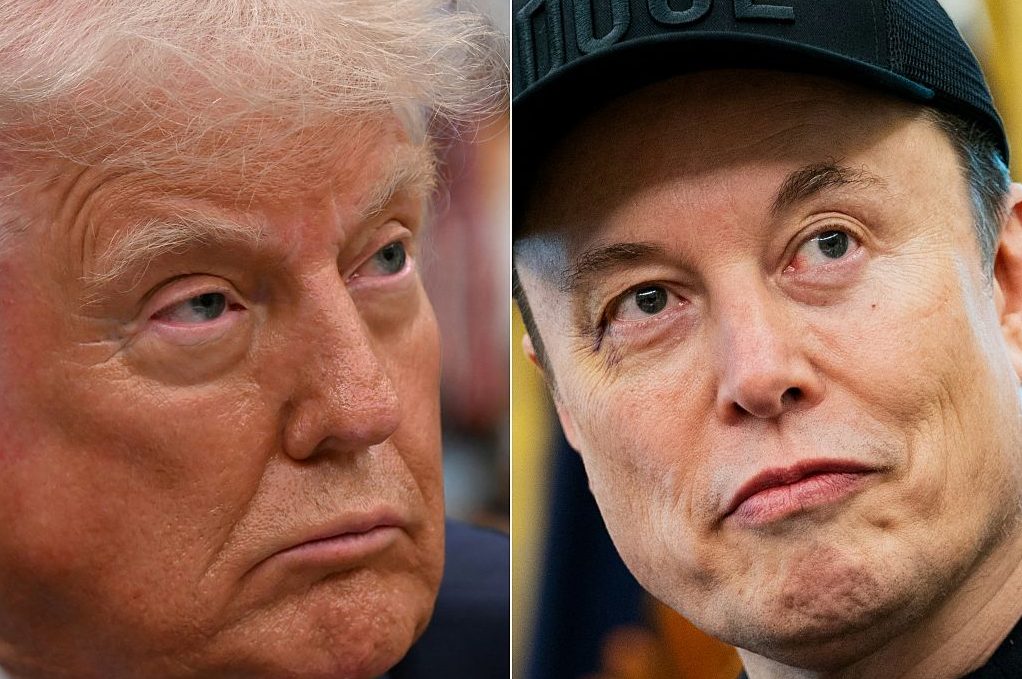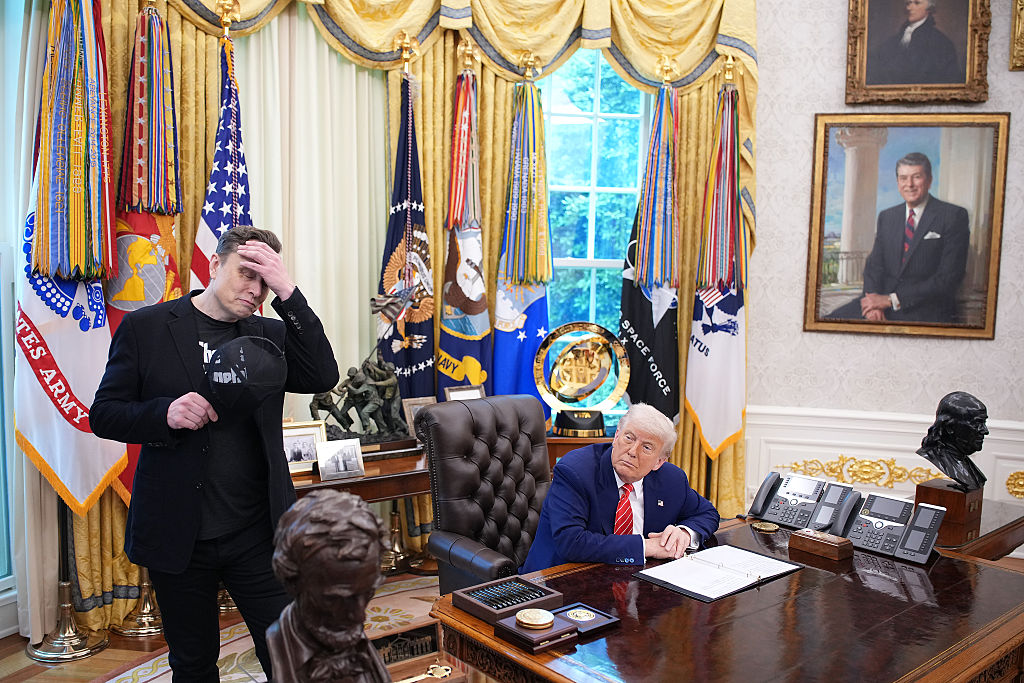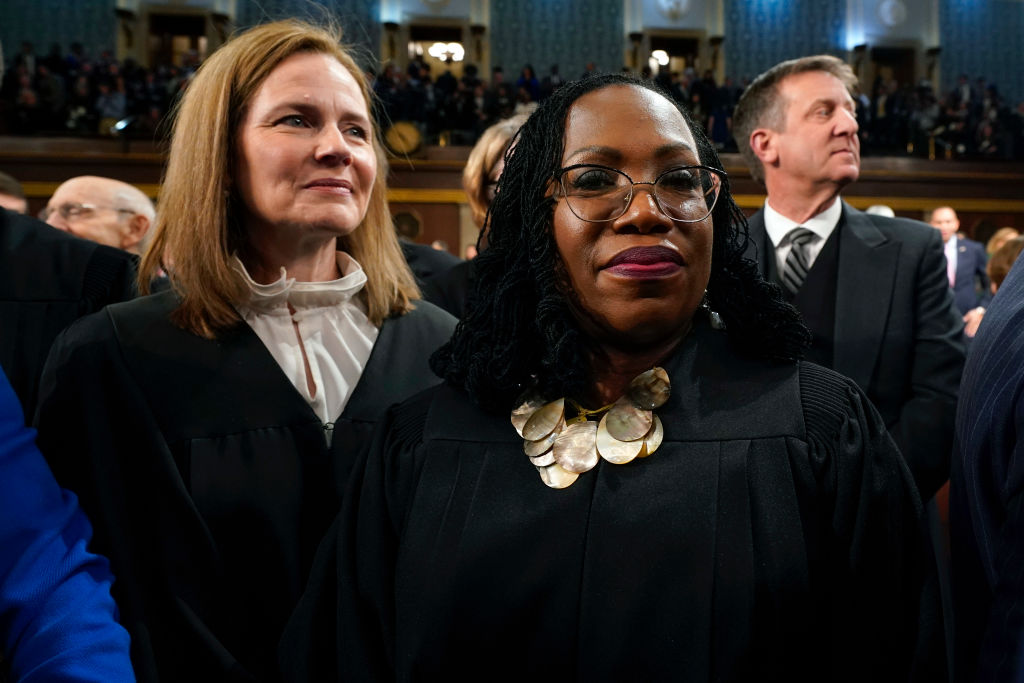If you had “Trump goes to jail” in the office pool, you just lost.
The end of any possible criminal prosecution out of New York over Donald Trump’s finances has come as the grand jury seated to find them has sunsetted. The possibility of a civil penalty, likely a fine, looks poor, but anything is possible. This is all a long way from predictions that the walls were closing in back when these cases were initiated in the Southern District of New York (SDNY). Dems, dragging all their Biden baggage along, are going to have to beat Trump at the ballot box, assuming anyone can afford the gas to drive out to vote.
We need not spend too much time on all the failures preceding those of the SDNY, though a list is educational: DNC server, Putin’s agent, all of Russiagate, Mueller Report, Impeachment I, Impeachment II, and Stormy Daniels. The January 6 campaign is floundering and won’t outlast the midterms. It is possible to conclude, however much one might hate Trump, he just is not guilty of any crimes.
Each damp prosecutorial dream began with the certainty that Trump did something wrong, that the evidence was growing, that some stooge would flip (cue the mindless Godfather references), followed by…nothing much. The true believers will always believe, but for most Americans, the over-stimulus followed by the let down followed by mumblings that it all wasn’t fair have grown tiresome. Yet there are always teachable moments, even in such farce, and the most recent failure in Manhattan to bring down Trump is one of those.
Like all of the capers, it began with the premise that any success Trump enjoyed must be due to cheating. In the instant case, the DA claimed the Trump Organization had over-valued properties to obtain loans from Deutsche Bank, and then under-valued those same properties to pay lower taxes to the City of New York.
That’s all that’s left in the civil action in New York against Trump and all that was behind the now-dead criminal action started in 2019. The most recent legal ploy was a stall-move contempt citation against Trump over not turning over a couple of cellphones — that after Trump already complied with millions of pages of documents and thirteen Trump employees were sent up for interview. The belief seems to be there must be something in there somewhere.
For anyone who has owned property in New York, either directly like Trump or via the co-op system like millions of middle-class New Yorkers, none of this is a headline. It literally legally happens all the time. For example, Building A sits on land the City has taxed for hundreds of years. The value of that land in that context is hardly in contention. But if someone wanted to use that land as collateral for a loan, he might instead explain how the ground floor of the building is now ready for flush post-Covid retail clients to return. He might cite a new luxury building across the street, which will raise local real estate prices. Or he might show how the average tenant stays longer in his building then elsewhere, assuring stability.
What something is worth — a building, a Pokémon card, a drink of water in the desert — is very much a negotiation between two sides. This is known as “valuation.” There are numerous methods of assessing the value of a property. In New York, you have your assessed value, your transitional value (Tax Class 2, 3, and 4 only) and other variables such that there are lawyers who specialize in nothing else.
Banks, which look to the future to make sure their loan will be profitable, understand well what the DA is trying to avoid, that property valuation is inherently subjective. It is important to note that Trump lender Deutsche Bank has raised no objections, made no claims of fraud, and has not asked the DA to look into all this.
Nope, the Manhattan DA’s office itself scanned the dark skies over Gotham and decided they saw a crime. Some say it was a political action, because in almost every other value dispute case in New York history the issue was sorted out by negotiation, and at last resort, by a special civil court that does nothing else. No one can say Trump is the only instance where the City jumped from valuation to criminal case with a grand jury, but it is damn hard to find another modern example.
For the New York DA to “win” a political case like this, some written decision by a no-name magistrate judge’s tax court saying Trump should pay some more property tax is far from enough. So, in their hubris, they had to imagine the case as a criminal one. And that’s where everything falls apart (as with obstruction, as with incitement).
Though the law differs with obstruction and incitement to some extent, basically to win these as a criminal case the DA has to prove criminal intent. So prosecutors would have had to prove not just that Trump had inflated the value of his assets but that he intended to break the law in doing so. Even harder is to show that the valuation was Trump’s personal decision, near impossible to do with complex corporations where the actual decision maker is traditionally obscured to avoid such liability.
Prosecutors fell victim to their own prejudices. They had hoped to “flip” Allen Weisselberg, the Trump Organization’s longtime finance chief, by drumming up equally weak criminal tax charges against him. Those charges have to do with Weisselberg accepting car service and apartment payments from Trump and allegedly not declaring them properly as income on his taxes. These cases are again typically settled with a fine (though Weisselberg maintains innocence) not jail. The infamous Al Capone tax case is infamous because it was unique. Weisselberg, with his years of financial experience, had a pretty good idea he was not going to jail and thus had little incentive to rat out Trump if indeed he had anything to squeal.
That pretty much left prosecutors with Michael Cohen, a guy who pleaded guilty to nine criminal offenses, including lying to Congress, tax fraud, and campaign finance violations. Cohen would have faced questions of personal bias, given his own multiple lawsuits against Trump. He would have faced questions about whether he received a benefit from prosecutors, early release from prison, for cooperating. If a liar like Cohen is your only witness on Trump’s intent, you really have no witness.
There are still 19 cases pending against Trump, including several civil suits. Maybe one of them will land a blow. But none have the potential to be the knockout punch Dems thought would help them win in 2024.



